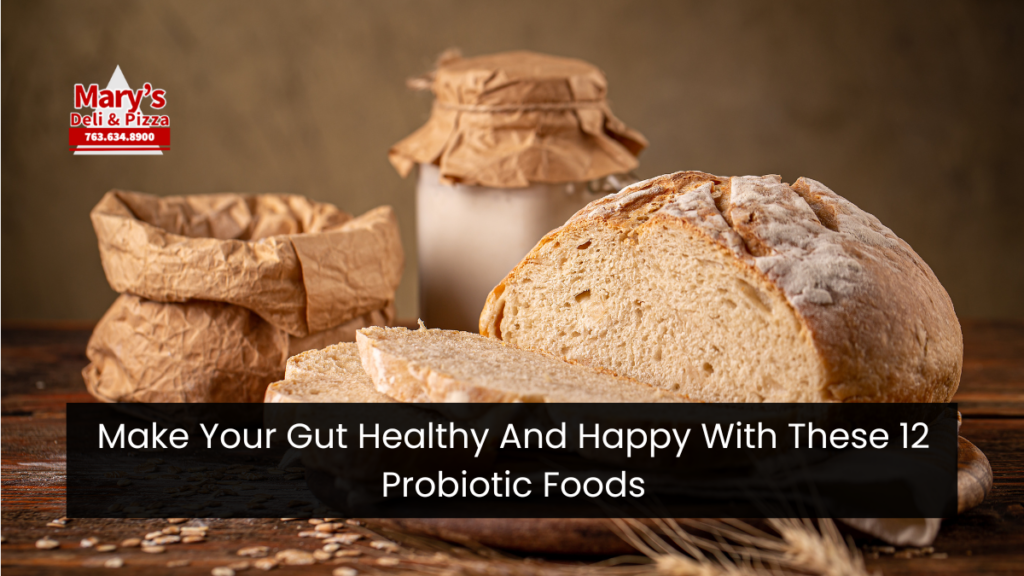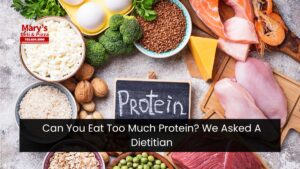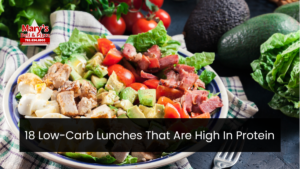Maintaining a healthy gut is essential for overall well-being, and one of the most effective ways to support gut health is by including probiotics in your diet. Probiotics, also known as “good bacteria,” are live microorganisms that benefit your digestive system by promoting the growth of healthy bacteria in your gut and inhibiting harmful ones. A balanced gut microbiome plays a vital role in digestion, mood regulation, immune function, heart health, and even skin vitality.
While probiotic supplements are widely available, incorporating probiotic-rich foods into your daily routine is an easy and natural way to nourish your gut. Here’s a comprehensive guide to 12 powerful probiotic foods that can boost your digestive health and overall wellness.
1. Yogurt
One of the most common and accessible sources of probiotics, yogurt, especially varieties with live and active cultures, is rich in Lactobacillus acidophilus, a beneficial strain that supports gut health. Yogurt is versatile and can be consumed on its own or added to smoothies, cereals, or desserts. Opt for unsweetened, plain yogurt to avoid added sugars and artificial flavorings that can counteract its benefits.
2. Kimchi
A traditional Korean dish, kimchi is made by fermenting vegetables like Napa cabbage, radishes, and scallions with probiotic lactic acid bacteria. Kimchi not only enhances gut health but is also rich in vitamins A, B, and C, and is associated with various health benefits, including anti-cancer and anti-inflammatory properties. Its spicy, tangy flavor makes it a perfect side dish or topping for rice bowls and wraps.
3. Pickles
While most people think of pickles as a tangy snack, they can be a great source of probiotics if they are fermented using natural methods. Choose pickles made through traditional fermentation with saltwater brine rather than those preserved with vinegar.
This ensures the presence of live cultures that are beneficial to your gut. Look for “refrigerated” pickles labeled with “live cultures” for maximum probiotic benefits.
4. Sourdough Bread
Sourdough is more than just a delicious, hearty bread. The fermentation process used to create sourdough starter introduces beneficial bacteria and yeasts into the dough, making it easier to digest and rich in prebiotics and probiotics.
Sourdough is also known for its potential to improve blood sugar control and reduce cholesterol levels. Enjoy it as toast, in sandwiches, or as a base for your favorite toppings.
5. Kefir
If you’re looking for a probiotic powerhouse, kefir is your answer. Made by fermenting milk with kefir grains, this tangy drink contains a higher concentration of probiotics than yogurt, making it incredibly effective for gut health. Kefir is loaded with Lactobacillus and Bifidobacterium strains, promoting better digestion, immune support, and reduced inflammation. You can enjoy kefir as a drink, in smoothies, or as a base for overnight oats.
6. Kombucha
Kombucha is a fermented tea that has gained popularity for its digestive benefits. This effervescent drink is rich in probiotics, organic acids, and antioxidants, all of which help improve gut function and detoxify the body.
The fermentation process creates a symbiotic colony of bacteria and yeast (SCOBY), which produces the probiotics. Kombucha is available in various flavors and can be enjoyed as a refreshing alternative to soda.
7. Sauerkraut
This traditional German dish, made from fermented cabbage, is packed with probiotics that aid in digestion. Sauerkraut is rich in lactic acid bacteria, making it a great choice for boosting your gut health. Just be sure to choose raw, unpasteurized sauerkraut, as the pasteurization process can kill beneficial bacteria. You can use sauerkraut as a tangy side dish or a topping for sandwiches and salads.
8. Miso
Miso, a staple in Japanese cuisine, is a paste made from fermented soybeans, rice, or barley. It contains a wealth of probiotics and is commonly used to make miso soup, which can be a light and nourishing addition to any meal. Miso is also rich in nutrients like protein, fiber, and various vitamins and minerals. Incorporate miso into soups, marinades, or dressings to reap its probiotic benefits.
9. Apple Cider Vinegar
Apple cider vinegar (ACV) is another fermented product known for its probiotic properties. It is made by fermenting apple juice with yeast and bacteria, creating a vinegar rich in acetic acid and beneficial microbes.
ACV can help balance the gut’s pH levels, support digestion, and even assist with weight loss. You can incorporate ACV into salad dressings, marinades, or simply mix a tablespoon with water and drink it before meals.
10. Certain Cheeses
Not all cheeses contain probiotics, but some varieties like Gouda, cheddar, Swiss, and cottage cheese are known to contain live, active cultures that benefit gut health. Look for cheeses that specifically state they contain live and active cultures.
While enjoying cheese in moderation can add a probiotic boost, it’s essential to be mindful of portions due to its high fat and calorie content.
11. Pickled Vegetables
In addition to pickles, other fermented vegetables such as carrots, beets, and cucumbers can be excellent sources of probiotics. These vegetables undergo the lacto-fermentation process, which promotes the growth of beneficial bacteria. Like kimchi, pickled vegetables can be enjoyed as a side dish, added to salads, or used as a flavorful garnish for sandwiches and wraps.
12. Buttermilk
Traditional buttermilk, the liquid left behind after churning butter, contains live probiotics that are great for gut health. It’s different from the cultured buttermilk you commonly find in grocery stores, which is often pasteurized and lacks probiotics.
Traditional buttermilk can be consumed on its own or used in baking to add a tangy flavor and a probiotic punch to pancakes, muffins, and other treats.
Benefits Of Probiotics For Your Gut Health
Probiotics play an essential role in maintaining gut health, which in turn impacts various aspects of your overall well-being. Here’s why you should consider including probiotic-rich foods in your diet:
- Improved digestion: Probiotics enhance the breakdown and absorption of nutrients from food, helping to prevent digestive issues like bloating, gas, and constipation.
- Stronger immune system: A healthy gut microbiome helps your body fend off infections and illnesses by regulating immune responses.
- Better mental health: The gut-brain axis links gut health to mood and cognitive function, meaning a balanced microbiome may help reduce symptoms of anxiety and depression.
- Heart health: Some probiotics help lower cholesterol levels and maintain healthy blood pressure, reducing the risk of heart disease.
- Clearer skin: Probiotics can improve skin conditions like acne and eczema by promoting a healthy balance of bacteria on your skin.
FAQs
1. How Often Should I Eat Probiotic-Rich Foods?
It’s beneficial to include probiotic foods in your daily diet. Eating a variety of probiotic-rich foods regularly can help maintain a healthy balance of gut bacteria.
2. Can I Consume Too Many Probiotics?
While it’s rare to overconsume probiotics through food, excessive intake of supplements can lead to minor digestive issues like bloating. Stick to a balanced intake.
3. Do All Fermented Foods Contain Probiotics?
Not all fermented foods contain live probiotics. For example, if a product has been pasteurized (like certain commercial sauerkrauts), it may no longer contain beneficial bacteria.
4. Are Probiotic Supplements Better Than Probiotic Foods?
While supplements can provide specific strains of bacteria, probiotic foods are a natural way to get a variety of beneficial bacteria along with other nutrients. Both have their benefits depending on your dietary needs.
5. Are There Any Risks Associated With Probiotics?
Probiotics are generally safe for most people, but those with compromised immune systems or specific medical conditions should consult a doctor before adding high levels of probiotics to their diet.
Incorporating probiotic foods into your diet can lead to improved digestion, better immune function, and even enhanced mental well-being. Whether you’re adding yogurt to your breakfast or enjoying a glass of kombucha, these 12 probiotic-rich foods can help keep your gut happy and healthy.






